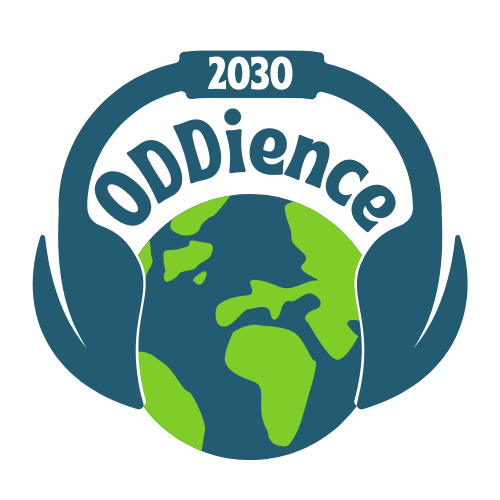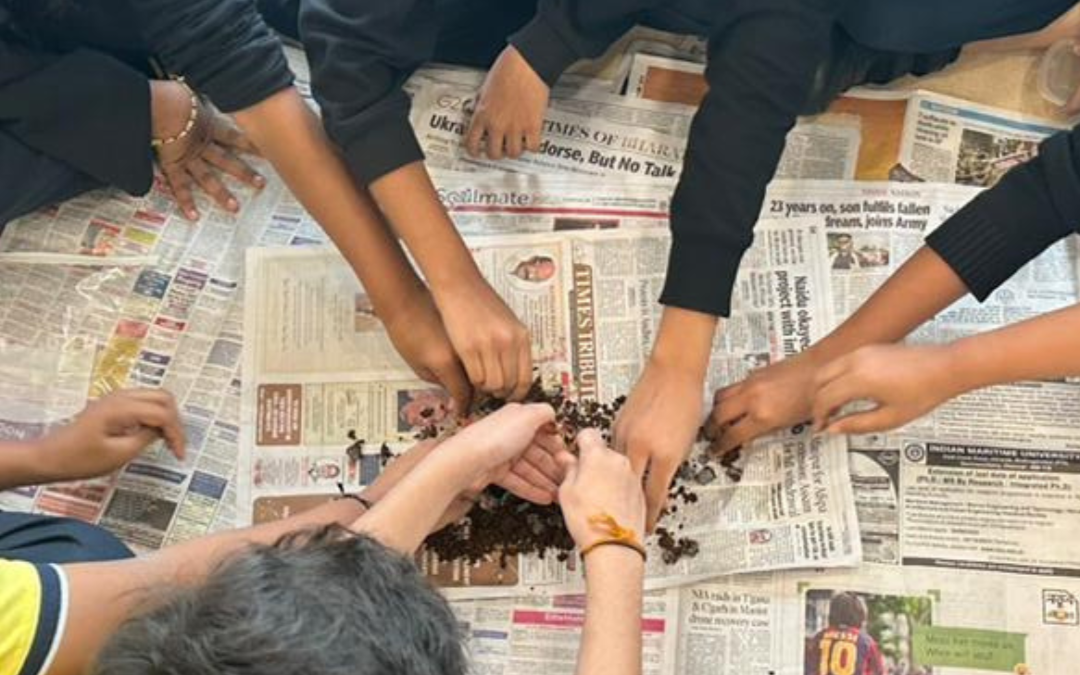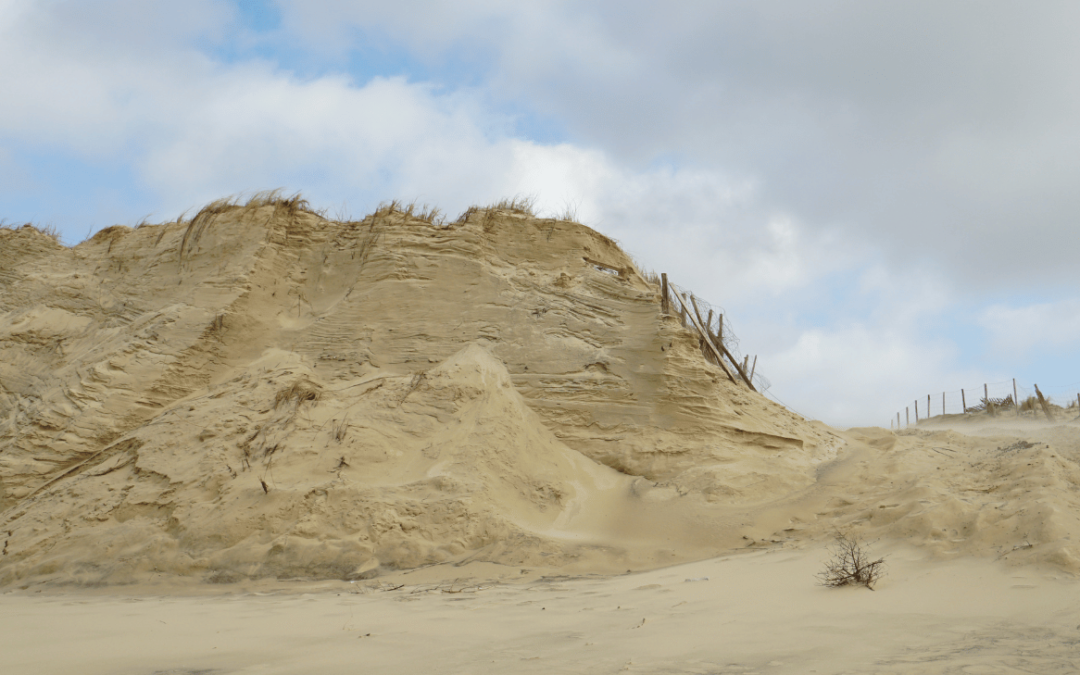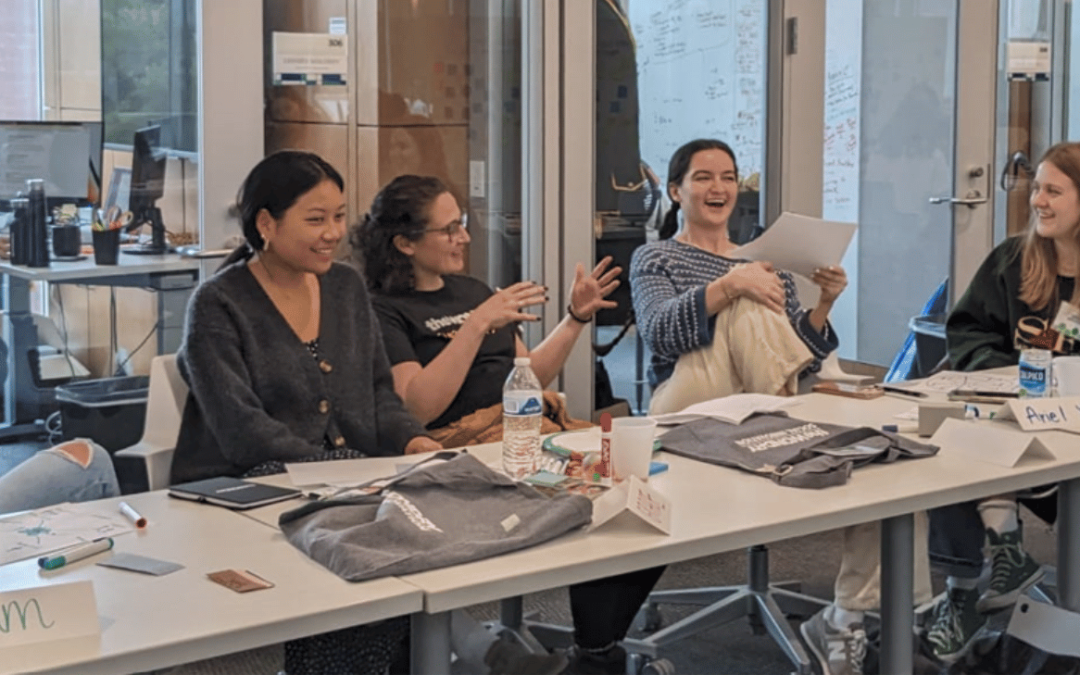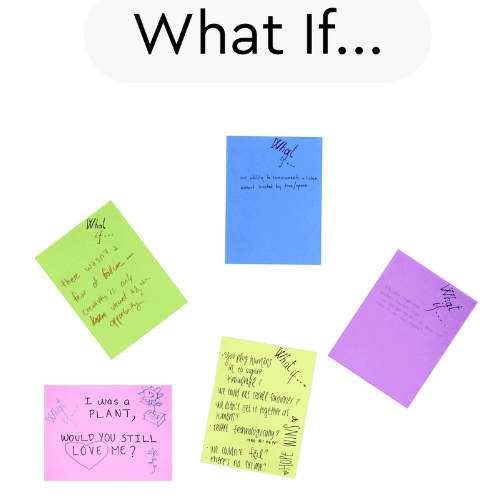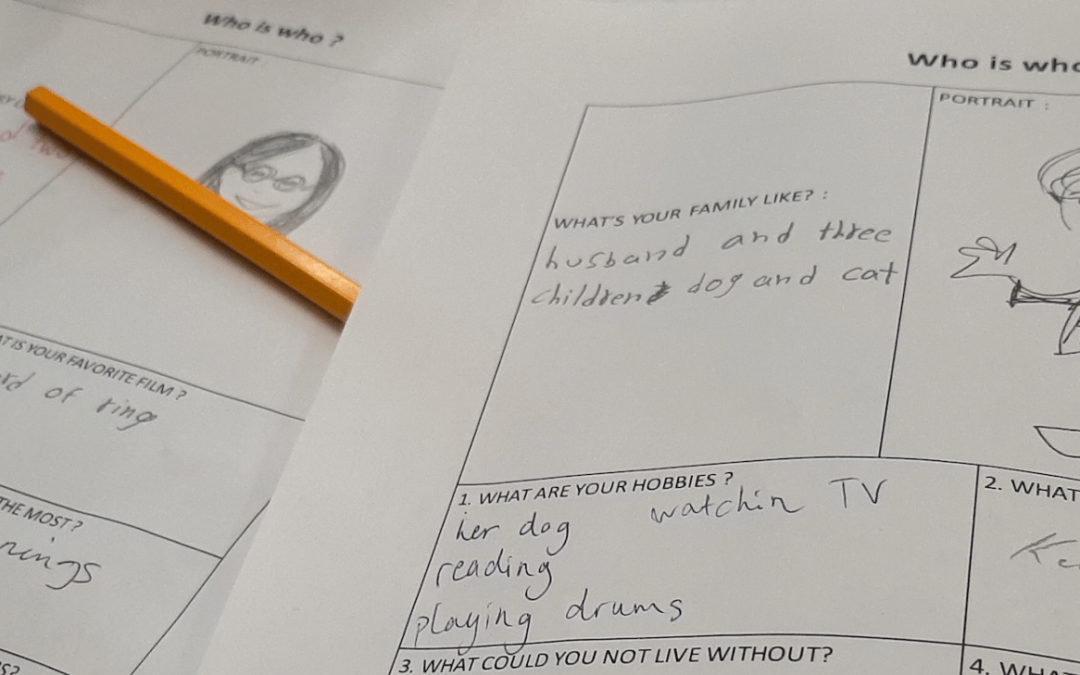
Jeu interconnaissance
By Nina Tervala, Vaskivuoren lukio
Jeu interconnaissance
The passive role is safe
As a special needs teacher I attend to remedial English classes. The groups in those classes consist of students who necessarily don’t know each other. The situation makes them shy and uncertain of their skills.
Being active is very important for learning, nevertheless students often choose or end up being passive in classroom. The passive role is safe. When you don’t do anything you won’t be doing any mistakes either. Many students are afraid of making mistakes which in itself is a big mistake because it is through mistakes that we learn.
All you need is the form on one paper
In our launch week in Bordeaux we got to know each other and did many exercises. One in particular made me very happy. In French this exercise is called Jeu interconnaissance. In this game you try to find out who is who by recognizing people from drawings and then asking questions and writing down the answers.
The game is very practical to use because all you need is the form on one paper and a pencil for each participant.The participants are asked to draw a portrait of themselves on the paper. Then the pictures change hands and people try to find the person in the portrait and ask them a question. The questions are ready in the paper and the group goes as many rounds as there are questions. When all the questions have been answered the group goes through the most interesting and funny ones so that everyone is mentioned at least one time.
To look at details, guess and ask
What makes this game fun is the task of finding a person that resembles the drawing somehow. One has to look at details, guess and ask: Are you this person?
When the first actions in a game are drawing and looking at drawings, pictures and people we forget a little that actually the task is speaking, making acquaintances, learning each others’ names and using a foreign language. For those who find speaking to strangers in a foreign language challenging this kind of distraction is perfect.
Being noticed and commented in a kind way makes us happy
Learning is more efficient when feelings are involved.
Actually I’m not convinced we learn anything without having a some kind of a feeling. Being noticed and commented in a kind way makes us happy and it gives us a warm feeling.
Afterwards we find it much easier to interact in the group in our language skills that we have at that moment.
I have launched different versions of this game and translated it into Finnish so it can be used in the beginning of any course.
I am doing it tomorrow in the English class, with new questions and I’m looking forward to seeing and hearing their reactions.
